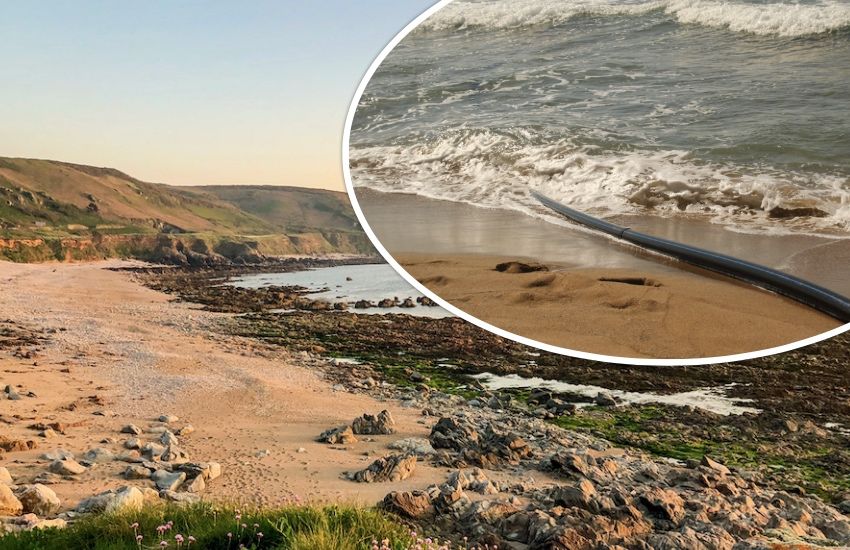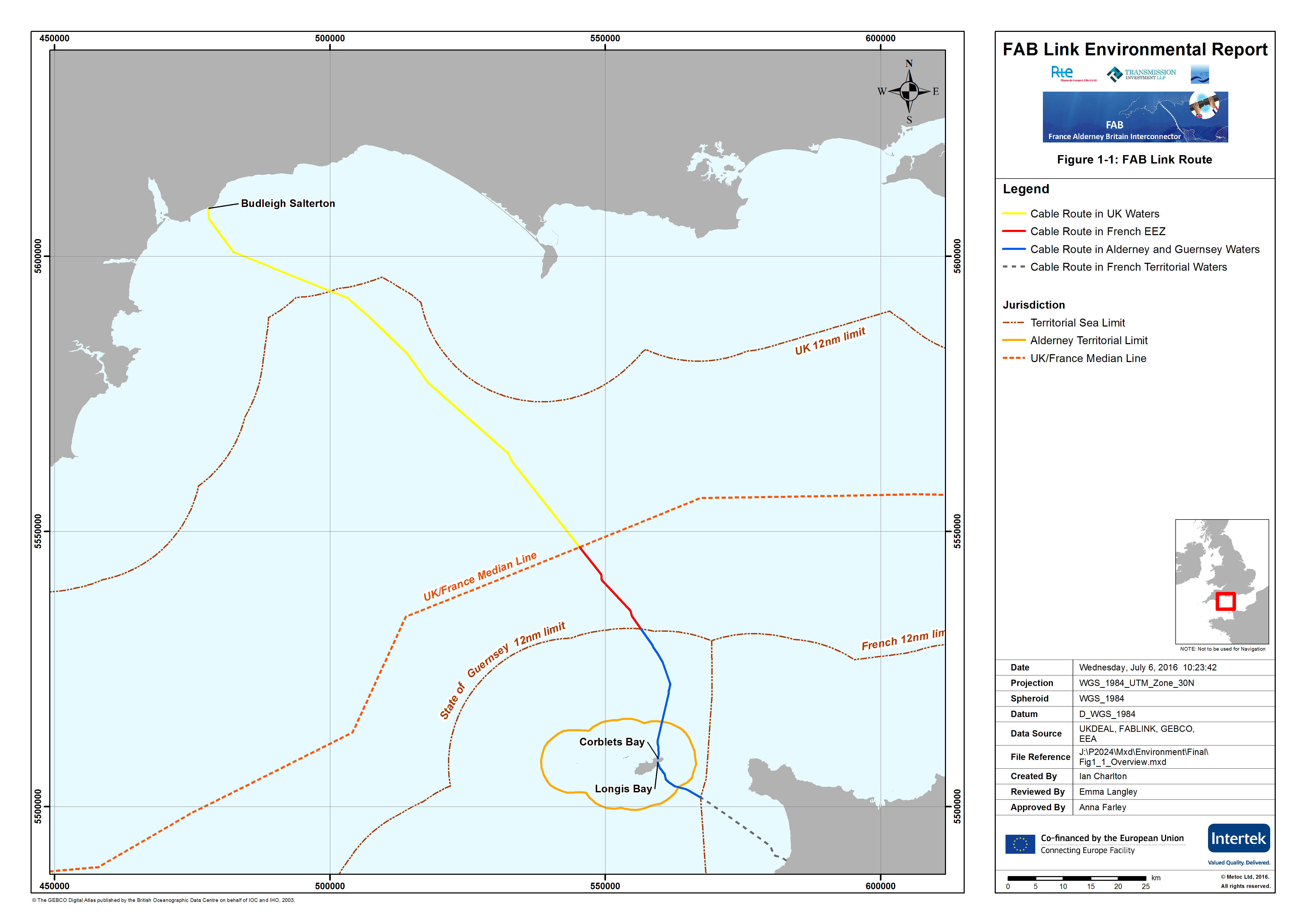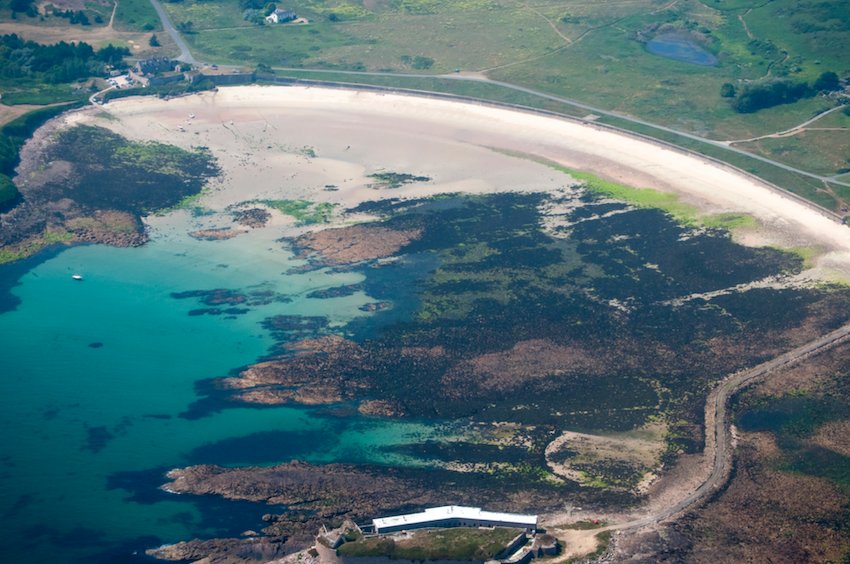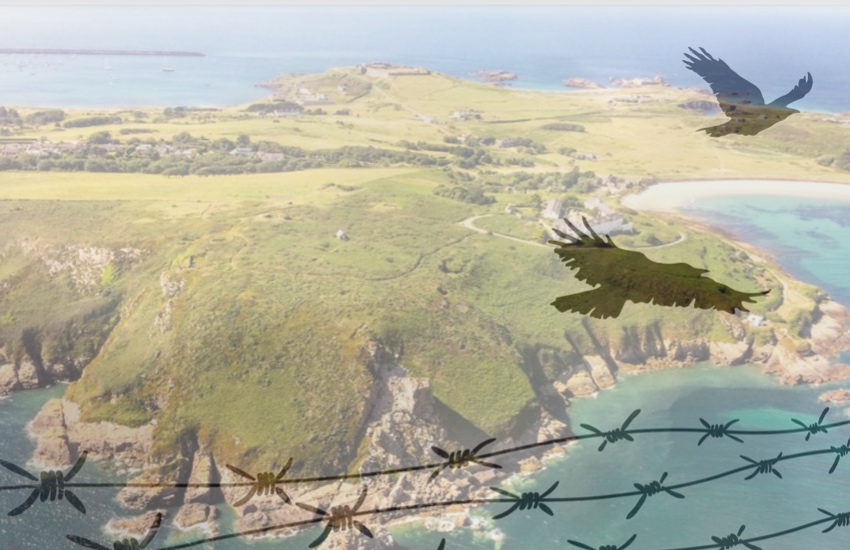


The FAB (France-Alderney-Britain) energy project is still progressing - albeit slowly - and new information which has come to light in recent weeks indicates that it remains on course for completion later this decade.
Project sponsors and France's public electricity provider, RTE, have entered an agreement to review and reassess FAB this year. Their intention is to publish an updated timeframe and seek support to begin construction.
And the UK's energy regulator, Ofgem (the Office of Gas and Electricity Markets), has judged the FAB Link still to be in the interests of current and future energy consumers in Britain.
The development of the FAB Link has been going on for so long that you could be forgiven for forgetting what it is.
Express looks at the story so far...

Pictured: The proposed route of the FAB Link.
The FAB Link is a proposed undersea cable between France and England spanning 220 kilometres and cutting through Alderney.
It would allow maximum transmission of 1400MW and, according to the project backers, “help meet the need for increasing the capacity of energy trade between the two countries”.
Alderney would benefit if it generated renewable energy offshore. It has been said the Alderney Race - the strait of water between the island and France - has the potential to provide some of the best tidal energy in Europe. And the FAB Link could provide it with a route into the energy market.

Pictured: The cable would pass through Longis Common and out through Longis Bay.
It has been reported that the States of Alderney were offered £70,000 a year to allow FAB infrastructure to be built in the island. This would include a trench dug through Longis Common, where the electricity cables would be laid.
But the FAB project has been controversial for multiple reasons. Alderney has seen public demonstrations against it. Critics claimed that £70,000 a year was too little compensation for the potential disruption of the work. And Longis Common is the site of graves - possibly containing thousands of bodies - dating back to the tragic years of German occupation of Alderney, which included hosting labour and concentration camps.
The potential of the FAB Link seemed to be collapsing under the pressure of one controversy after another. And in April 2021, Bill Abel, the Chairman of the States of Alderney's senior committee, Policy & Finance, said that - to his knowledge - limited progress had been made.
Despite this, the website of the FAB Link retains a timeline suggesting it will be operational in 2028.
The FAB Link Project Director has also publicly welcomed the latest agreement between FAB and RTE.
“Whilst we remain cautiously optimistic, this is a welcome development for the project following a long waiting period. We hope to have more detail on our plans this time next year,” said James Dickson.

Pictured: Concerns have been raised that digging up Longis Common would disturb Jewish graves dating back to World War II, when Alderney was the site of several labour and concentration camps.
The project was assessed by Ofgem in 2015 and in principle granted a ‘cap and floor regime’ - an allowance for it to progress as long as it met certain criteria.
This decision was revisited after FAB Link Limited said the project was delayed.
But Ofgem has deemed the project still beneficial, albeit its decision remain conditional on the production of a clearer timeframe for the project. FAB Link Ltd must now present a clear timeframe by July 2022.
Following the most recent developments, Mr Abel told Express that he had little to add but suggested they “just add to any speculation” and thought there would not be much substantial movement until 2025.
Alderney "working together with Guernsey" on renewable energy
Alderney's Chief Minister in the dark over FAB Link 'progress reports'
Comments
Comments on this story express the views of the commentator only, not Bailiwick Publishing. We are unable to guarantee the accuracy of any of those comments.